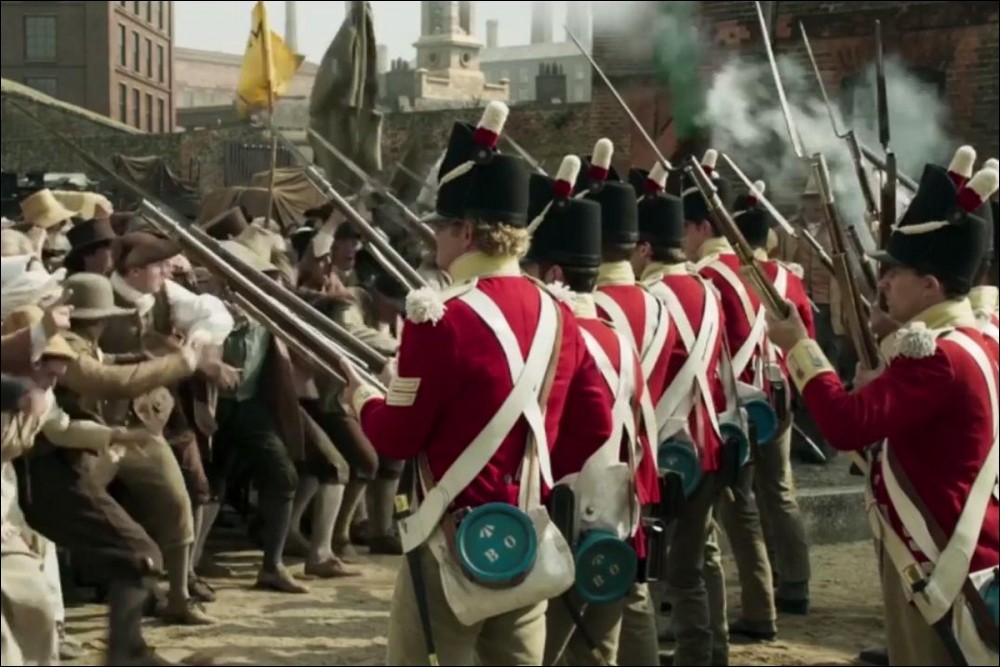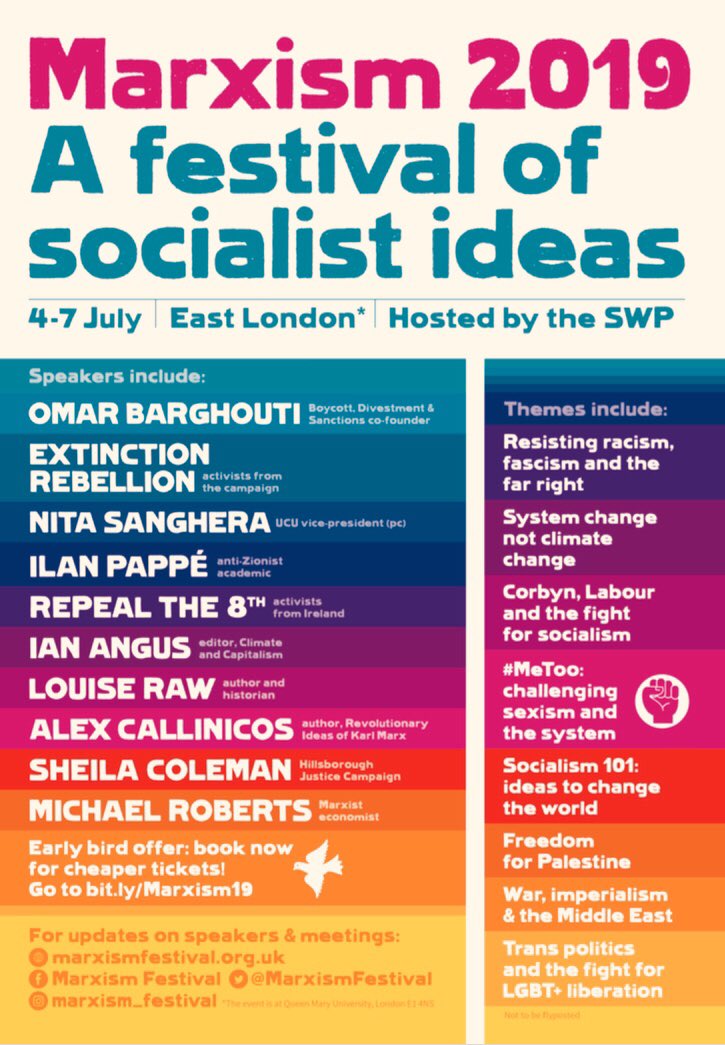[Book Review from London Socialist Historians Group Newsletter 67 (Summer 2019)]
The Blanqui Reader: Political Writings 1830-1880
Edited by Philippe Le Goff and Peter Hallward Verso 2018
ISBN 978-1-78663-501-3
Auguste Blanqui gave his name to a political doctrine known as “Blanquism”, defined by Wikipedia as the belief that “socialist revolution should be carried out by a relatively small group of highly organised and secretive conspirators.” Thousands on the left have proclaimed their orthodoxy by quoting Lenin's insistence “We are not Blanquists”, without troubling themselves to actually read what Blanqui wrote over the years.
So we should be most grateful to Peter Hallward and Philippe Le Goff (and their fellow-translator Mitchell Abidor) for this valuable anthology of Blanqui's writings.
It contains a mass of Blanqui's published and unpublished writings, many of them unavailable even in French. Blanqui wrote copiously throughout his life – his hands held a pen far oftener than they held a rifle, for the good reason that he spent nearly half his adult life in jail. He wrote on everything from the nature of the universe, via religion, free will and class, to detailed military tactics. Like any honest thinker he changed his mind, learned from experience and even sometimes contradicted himself; if there is one unifying thread it is that “we are always and everywhere with the oppressed against the oppressors.”
Karl Marx once insisted that he was not a Marxist. Blanqui could have claimed with equal justice that he was not a Blanquist. In 1839 he organised an ill-prepared military rising in the hope it would ignite mass struggle; he was wrong and it led to a débâcle. He spent the next forty years considering how things might be done better. As Peter Sedgwick wrote of Che Guevara's failure in Bolivia: “Che went out there and started things. As a result, we know some more.” And the movement was much younger and less experienced when Blanqui made his mistakes.
From the beginning of the 1848 revolution he stressed the need for mass action: “If .… we seize power by a bold assault, like thieves in the night, who can say how long our power might last? …. What we need is the immense mass of the people, the faubourgs rising up in revolt.” He declared that his aim was to “arouse consciousness” and use the “lever of enthusiasm”. As Napoleon III consolidated his power he increasingly stressed the importance of consciousness: “Revolutions must take place in the mind before they can be carried out on the streets.” He dismissed insurrection as “madness”. Looking back on 1848 he insisted: “One must conquer a nation through ideas, never through force.” He repeatedly stressed the importance of education: “Schools, books, the printed word – these are the real revolutionary agents!” Some NEU members may be pleased by his claim that “teachers are the only true revolutionaries.”
But he was also clear that education took place in struggle: “a strike is intelligible to all; it is the simple idea of resistance to oppression. Everyone rallies around it.”
If he saw the need for revolutionary violence - “today the only real ballot papers are bullets” - it was because of the violence of the existing order. He recalled the “many massacres …. undertaken .… in the service of despotism” including the “massacres in Manchester” [Peterloo ], with violence much greater than that of the French Revolution. He made a detailed study of the weaknesses of working-class organisation in the June 1848 rising, so that new generations might learn.
He was constantly concerned with building organisation: “organisation means victory; dispersal means death.” If the organisations he built were secretive and clandestine, that was because he was operating under a series of repressive regimes; to put the main responsibility for clandestinity on Blanqui is like blaming road accidents on pedestrians.
Blanqui recognised that the road to a socialist future would be long and complex; there would be no simple, rapid transition. “The new social organism cannot be the work of one single person, nor of a few people …. It is the work of everyone …. The river thus slowly takes shape from the confluence of a thousand springs, of billions of drops of water.” When he looked to the future he foresaw the emergence of “a whole crowd of charlatans of communism” and speculated that a “premature ….stunted version of communism might well induce many people to regret the good old days that preceded it.” How right he was.
He also glimpsed some of the more detailed aspects of the future, such as ecological crisis: “We waste coal in the most odious ways …. We are hunting whales to extinction, a powerful resource that will disappear.” There is much here that is of value, both for understanding Blanqui's own age and for reflecting on our own.
If I have one criticism it is that there is virtually nothing here from the last ten years of
Blanqui's life. The volume ends with his essay Eternity by the Stars, an entertaining fantasy anticipating multiverse theory, written (as he acknowledged) as “consolation” after the defeat of the Paris Commune. But it was only a brief episode, and certainly not, as Walter Benjamin misleadingly if not mendaciously claimed, an expression of “resignation without hope”.
On the contrary, the activity of his last years always pointed to future struggle.
In October 1880, just two months before his death, he wrote: “No more conscription! No more permanent army!” His slogan pointed forward to the pre-1914 syndicalist antimilitarist agitation. And there is more, much more, here that can plant ideas in the heads of a new generation of rebels.
Ian Birchall





